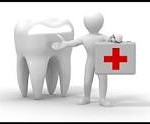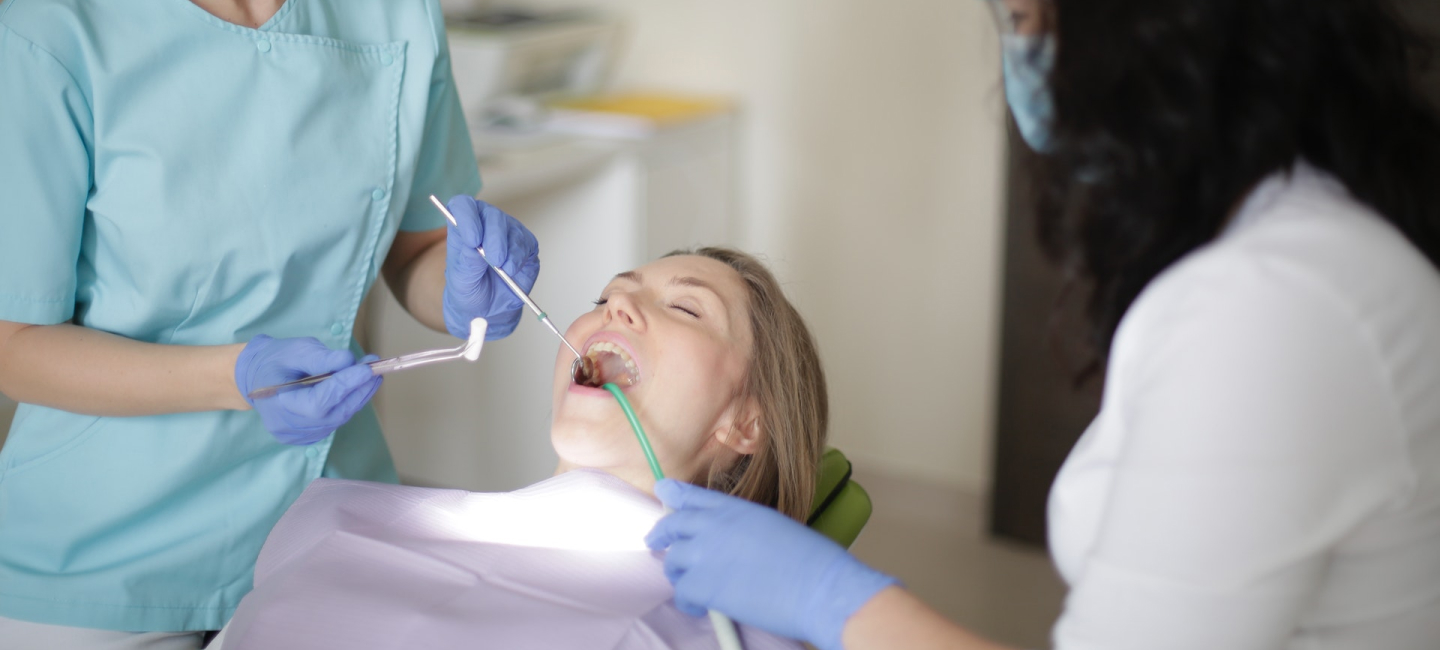 If you have a dental emergency, your dentist should be the first person you call. It is smart to keep your Dentist’s after hours phone number handy at all times, because seeing a dentist in a timely manner can make the difference between losing or saving a tooth. But, until you get the appropriate treatment, the following information will help you.
If you have a dental emergency, your dentist should be the first person you call. It is smart to keep your Dentist’s after hours phone number handy at all times, because seeing a dentist in a timely manner can make the difference between losing or saving a tooth. But, until you get the appropriate treatment, the following information will help you.
First, ask yourself if it is a Dental Emergency.
If you are not sure, answer the following questions:
•Are you bleeding from the mouth?
•Are you in severe pain?
•Do you have any loose teeth?
•Have you been hit in the face or mouth?
•Do you have any swelling in the mouth or facial area?
•Do you have any bulges, swelling or knots on your gums?
If you answered yes to any of these questions, call your dentist immediately. It’s important to describe exactly what happened and what you are feeling. If your dentist can’t be reached, seek hospital emergency room care.
Here’s what you can do until you get to your dentist.
•Take acetaminophen. Take ibuprofen or Tylenol but avoid aspirin for a dental emergency because it is an anticoagulant, which can cause excessive bleeding.
•Clean your mouth out by gently rinsing thoroughly with warm water.
•Apply a cold compress to the area to minimize any swelling.
•Try drinking ice water if you are experiencing extreme pain caused by hot or warm foods or beverages. It might relieve the pain.
•Breathe through your nose if you are having a sensitivity to cold or if it causes pain to breathe air into your mouth, avoid cold foods and beverages.
•Never apply a painkiller to the gum because it can burn the gum tissue despite what the product recommendations are.
When a tooth has been knocked out.
When you have lost a tooth and you still have it, pick up the tooth by the top (crown) of the tooth and be careful not to scrub it, rub it or remove any tissue. Do not touch the root(s) of the tooth. Then, rinse the tooth off very gently to ensure that it’s clean. If you can, gently place the tooth back in the socket and bite down. If you can’t safely insert it back into the socket for safe-keeping you can put the tooth in a small container or in a cup of milk (the latter is preferable) and take it to your dentist or the ER immediately. It is possible to sometimes reconnect a knocked-out tooth.
Be prepared for a Dental Emergency.
Because a dental emergency can happen at any time and place, the best thing to do is be on the ready and don’t panic. If you are an active person, involved in recreational activities and/or sports, it is wise to pack and keep with you a small dental first aid kit containing the following:
•Small container with a lid
•Name and phone number of your dentist
•Take ibuprofen or Tylenol (not aspirin because it can act as a blood thinner and cause excessive bleeding during a dental emergency).
•Gauze
•Handkerchief
The best plan to avoid a Dental Emergency.
The smartest thing you can do is to commit to making your dental health care a priority. Brush, floss, and rinse as directed and visit your dentist for regular check ups. Don’t let a dental problem go until it is severe.

